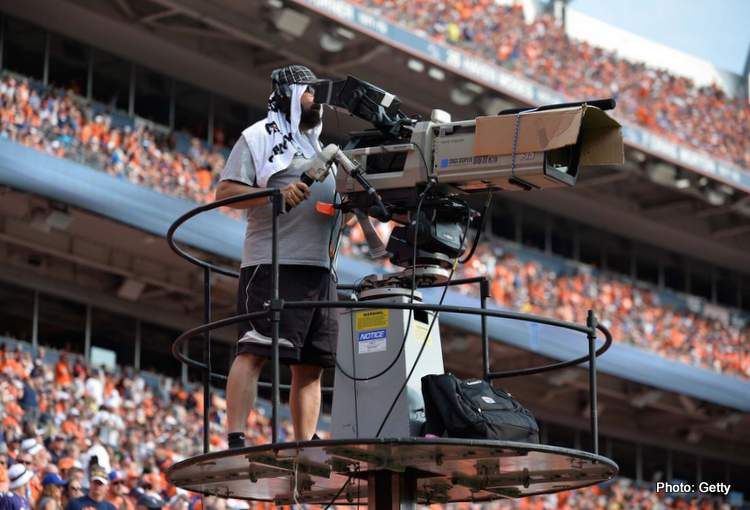The thunder of the group blurs somewhat, supplanted by a voice that snaps with expectation. A voice conveys the heaviness of innumerable games, a voice that winds around a story around the crude physicality in plain view. This is the voice of the game, the unbelievable sports observer, the person who hoists the survey insight from a simple visual exhibition to a story carved in memory. These famous figures rise above the job of journalists. They become buddies, directing us through the rhythmic movements of a contest. Vin Scully’s dulcet tones portraying a midyear evening at Dodger Arena are as imbued in baseball legend as any grand slam. John Chafe’s thriving excitement, combined with his uncanny capacity to foresee the following play, made him a prophet according to NFL fans. Dick Vitale’s irresistible enthusiasm, his steady blast of babys and diaper dandies, changed school ball broadcasts into festivities of athletic splendor. The best reporters have a powerful mixed drink of information and mystique. They mesh verifiable setting into the current second, helping watchers to remember past legends while featuring the rising stars.

Their voices rise and fall with the show unfurling on the field, reflecting the close to home rollercoaster of the fans. Stand by listening to Jim Nantz call an emotional putt on the eighteenth green at Augusta Public, and you will feel the heaviness of history on each stroke. Witness Al Michaels’ notorious calls, from the Wonder on Ice to heart-halting NFL completions, and you will comprehend the force of a voice impeccably catching an extraordinary second. In any case, it is not about pomposity and showy behaviors. The best pundits have a profound comprehension of the 스포츠중계 game cover. They can separate complex techniques, dissect player matchups, and deal savvy scrutinizes. Stand by listening to Weave Costas take apart a complicated chess match on the baseball field, or hear Michelle Beadle explore the subtleties of a WNBA game, and you will see the value in the scholarly profundity they bring to the broadcast. Incredible observers likewise have a sharp comical inclination. They can ease up the state of mind with a clever comment or a fun loving punch at a partner, giving a welcome break from the strain.
The tradition of these voices reaches out a long ways past the games they call. They become narrators, winding around accounts that rouse people in the future. They deify famous minutes, carving them into the aggregate memory of sports fans. Consider Marv Albert’s amazing call of Michael Jordan’s Shot in 1989, or Phil Rizzuto’s graceful portrayals of Yankee Arena. These calls rise above the crate score, becoming social standards that reverberate for quite a long time. In the present quickly advancing media scene, the job of the analyst is a higher priority than any time in recent memory. With a plenty of survey choices and more limited capacities to focus, these voices need to slice through the commotion and spellbind crowds. They should adjust to the changing socioeconomics of sports fans, guaranteeing their critique is comprehensive and drawing in for everybody. The fate of sports broadcasting will without a doubt see new voices arise, leading lit by these legends. In any case, the effect of the notable analysts would not ever blur. They are the soundtrack to our wearing recollections, the narrators who rejuvenate the games, and the ones who guarantee that the Voice of the Game keeps on holding an extraordinary spot in the hearts of sports fans all over the planet.